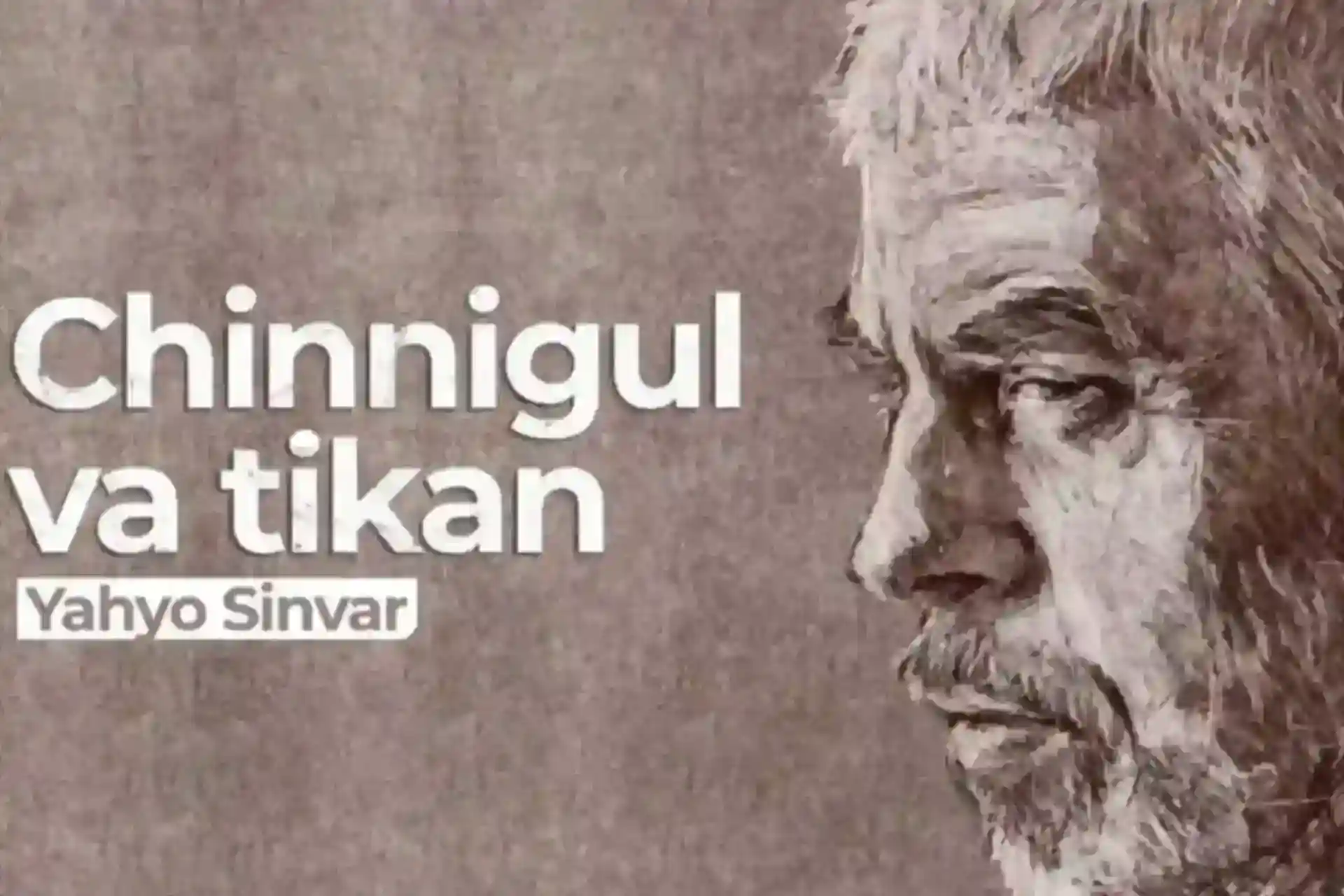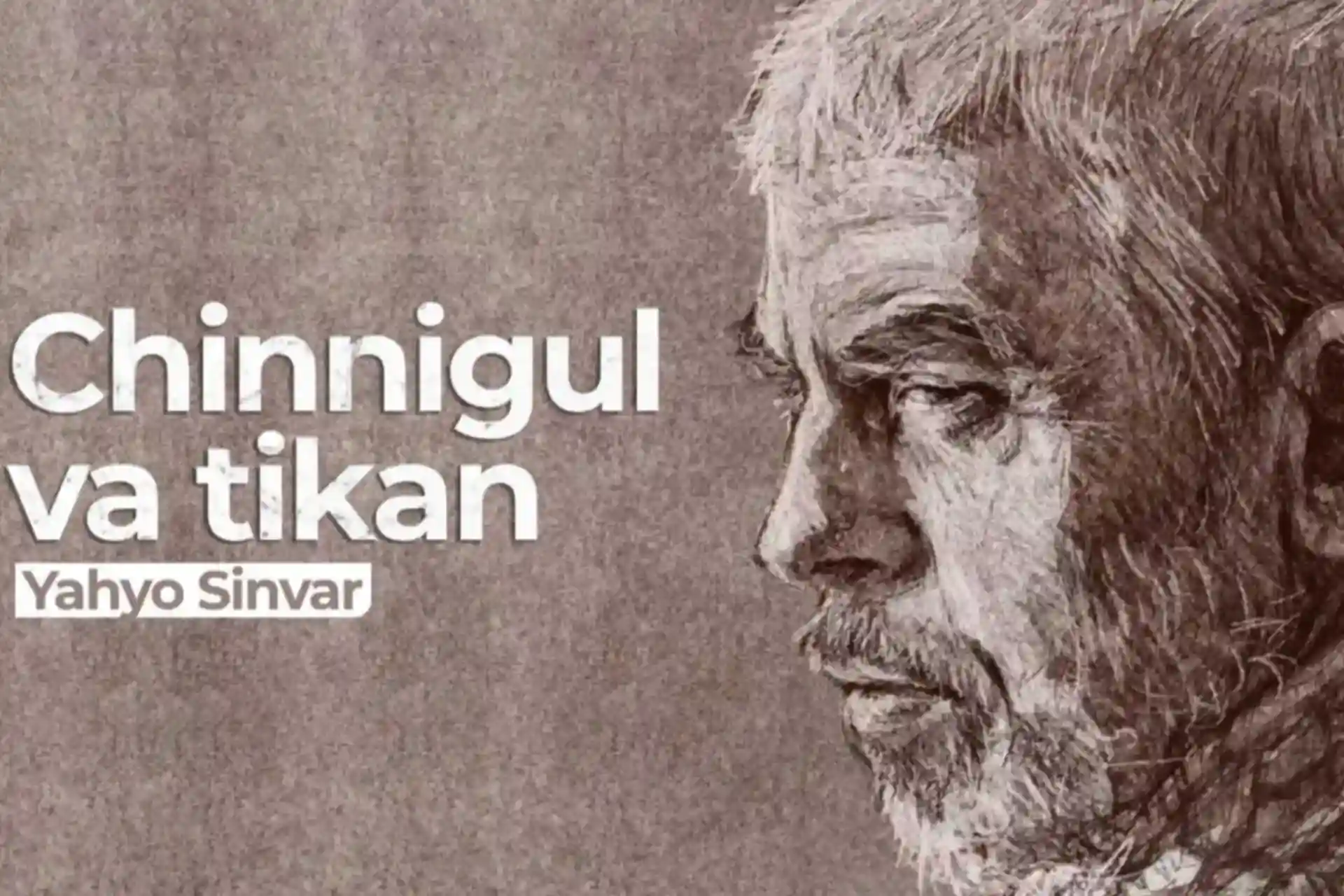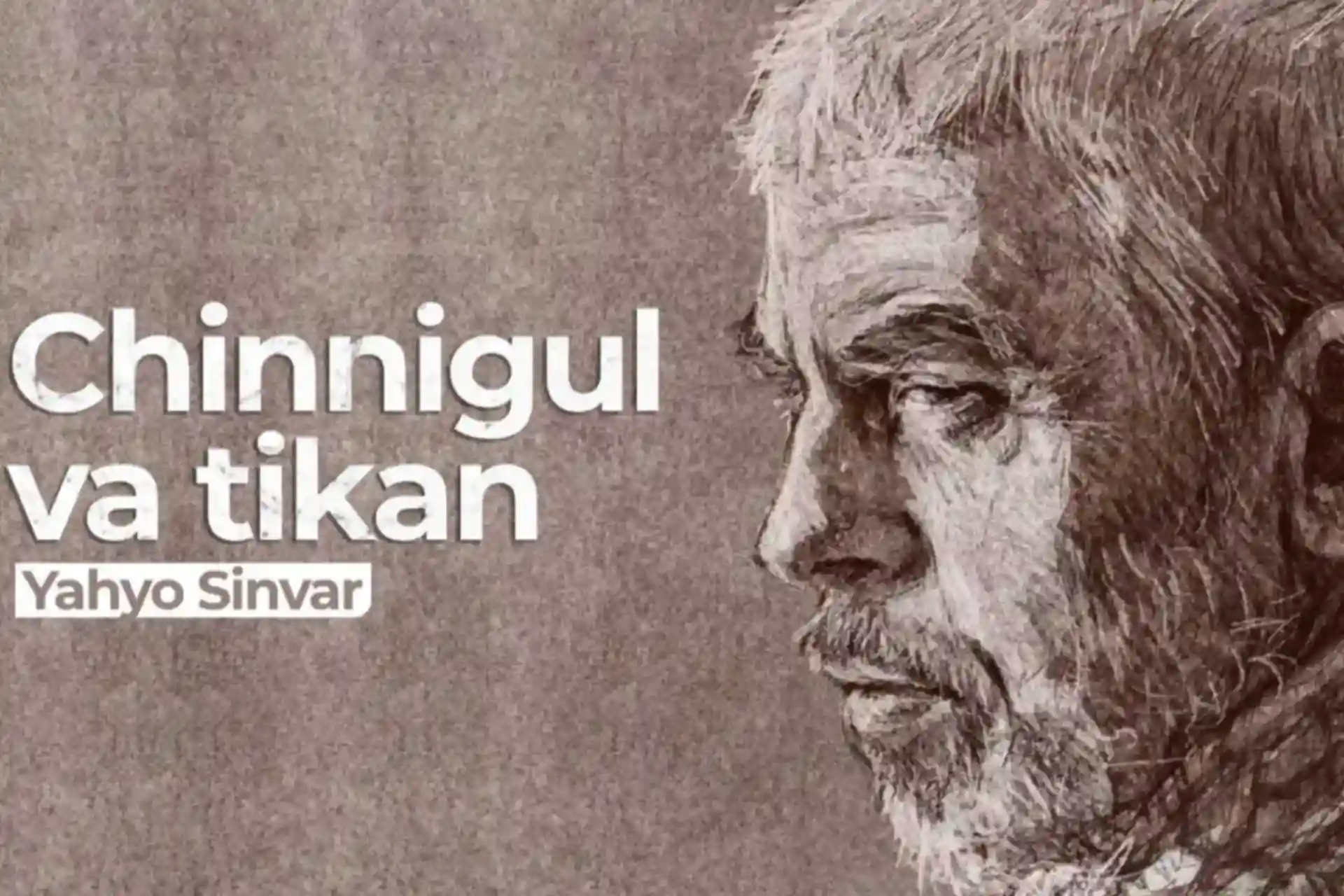22.04.2025 08:07
1740
"The Carnation and the Thorn" – Yahya Sinwar (story, part 44)
Season fifteen
The first half of the 1990s witnessed many changes in the Palestinian arena. There were also moral and professional developments. After graduating from high school, I decided to enter the Islamic University in Gaza. My brother Mahmoud strongly opposed this decision. He would always say: "What?! Is this even a university? This is a hut that is not even fit to be a school!" But Hassan approved of my decision, Ibrahim supported it, and my mother left the choice to me. Mahmoud would demand that I let him make the decision on my own. Mahmoud would scream and be forced to remain silent.
Eventually, I applied to the Islamic University's Department of Sciences and was accepted. I would eagerly await the new academic year, delighted by the news that the university was accepting five hundred students, appointing a doctoral supervisor, and hiring new professors. We would even hear about new buildings being built.
Ibrahim, on the other hand, worked with a friend in construction during the summer holidays and gained a lot of experience. He earned enough money during the summer. He was no longer just an assistant, but one of the master craftsmen. He had gained a lot of experience in construction from his friend and started working as a partner. The two of them took on medium-sized projects and worked independently.
Our family circle also expanded: Mahmud, Hassan, and Fatima had children. Hassan opened his own welding workshop and purchased the necessary equipment. My brother Muhammad continued his studies at Berezit University with excellent grades, so he was exempted from tuition fees.
Finally, I also began my studies at the Islamic University. My primary education took place in the building of the Azhar Mosque. Everything turned out to be true: new professors, a new supervisor, a new building. All this indicated that the educational institution would become a real university in the future. Despite this, our studies continued in the afternoons in the school classrooms: the boys studied in the boys' section of the Azhar Mosque, and the girls in the girls' section.
The year we were admitted was the preparatory year. The lessons consisted mainly of theoretical and religious subjects, some of which were taught by sheikhs. There were not enough textbooks, so a lot of time was spent in entertainment and intellectual discussions. The Islamic movement was the majority in the university, and they had a high level of discipline and communication with students. The conquerors were a minority, and their opportunities to expand their activities were limited. The Yassaris were almost invisible.
After the first month, preparations for the student union elections began. Arguments, statements, slogans, and placards erupted in coffeehouses. Disagreements arose within the Islamic union. Some began to act independently. Various parties nominated their candidates, including "Vatan" and "Yassariy". Pictures of Abu Ammor were hung on the walls.
Ibrahim was an active member of the Islamic Party. Although I do not consider myself a member of the Islamic Party or a supporter of it, I did not want to vote for anyone other than his candidate because I respected Ibrahim very much. In fact, I was inclined to vote for Fatah because of its armed forces and the selfless actions of the Fatah fighters, but I voted for Ibrahim's candidate.
Election day came. Each of us stood in line with our documents and received a ballot. The students voted in a special box. Ibrahim acted as an observer. After the election, I heard a commotion near the stage: one of the conquerors protested, saying that the Islamic Party had torn down and trampled on Abu Ammor's picture. This news affected some, and some changed their minds about voting for the Islamic Party.
After the voting process was over, the winning parties began to be determined. Finally, the results were announced: the Islamic Party won. Ibrahim and I returned home. My mother was waiting anxiously. When I asked about the photo of Abu Ammar, Ibrahim categorically denied it. It was immediately clear that this story was a lie, and that it could have been done to discredit the party. I trusted Ibrahim, he was an honest person. But I don't know if those he asked were also telling the truth.



